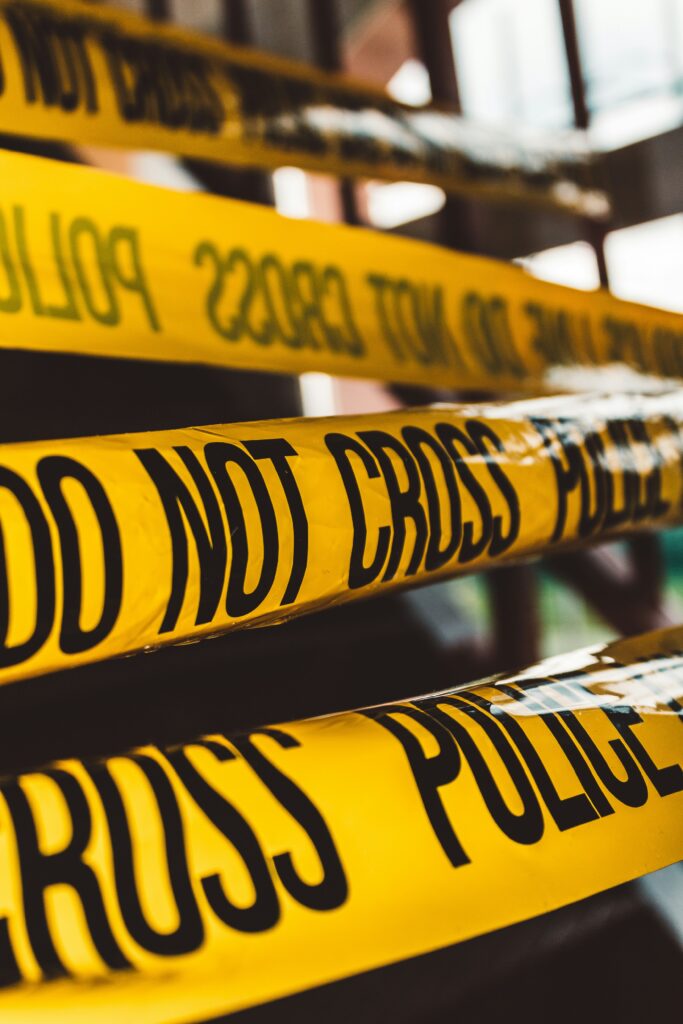It’s a question that sparks debate, but the answer lies at the core of justice, fairness, and the rule of law. Swipe through to find out!
By Ewura Nadumi

On the faithful day of October 5th, 1931 a group of body guards accompanied a short, stout fellow through the impatient mob waiting for the hearing to get underway. Cheery and unperturbed by the danger ahead, our defendant adjusted his mustard-coloured suit and smiled petulantly at the jurors, unfazed by what was to come.
A stern looking judge, eager to rid the society of this rascal awaited, registering his displeasure with every grimace and foul expression he could conjure on his visage. Surrounding our defendant were solicitors, well-versed in the art of advocacy. They didn’t have a choice even if they were reluctant to defend this social pariah but the tenets of their profession required that every one gets a fair hearing.
After a long period of murmuring and babbling, the trial proceeding commenced. Lawyers argued back and forth vehemently trying to establish why the defendant should be considered despite his grueling public profile. We are talking about a major criminal mastermind at the crux of gangland politics, a serial gambler, a patron of the workers of the Red Light District, a robber and a murderer. To feather his ugly cap, his cronies were responsible for the massacre of unarmed gang members in Chicago on February 14th, 1929. This bloody incident dramatized the intense control of illegal liquor traffic during the Prohibition era in the United States.
Who was the defendant? Alphonse Gabriel Capone alias ‘Scarface.’ Why was his lawyer fighting tooth and nail for his wretched life? Simple. He was simply adhering to Professional Ethics.
He owed his client an ethical obligation to defend him despite public claims. Moreover, his client couldn’t be convicted without tangible evidence. The justice system of society provided that criminals were proven guilty beyond reasonable doubt before their apprehension.
It was quite complicated. He wielded the right to be presumed innocent until proven guilty. Regardless of the severity of allegations leveled against his client, his rights needed to be protected. His counsel, Albert Fink was responsible for safeguarding his right to fair trial, right to a legal counsel and his protection against self-incrimination. This was ironic because his client had pleased guilty cheekily several times in previous court hearings.
Not only did he have to do all those things but ensure that the due process of the law was upheld. Every scintilla of evidence needed to be scrutinized, legal proceedings double-checked and authorities held accountable to ensure that justice was served.
This duty lay on his shoulders to ensure that the public continued to put their trust in the justice system as the defense of an unpopular person sent a powerful message about equity and fairness of the legal system. This is why Albert Fink, was defending Al Capone, the public enemy number one with all he had.
“The fact that an opinion is widely held is no evidence whatsoever that it is not utterly absurd!”, opined Bertrand Russell. This must have been Fink’s philosophy as he hollered at the president judge. The lawyers profession required them to defend even the damnedest of all criminals as an illustration that the scales of justice are not tilted towards a side of the society but are unbiased and objective. This is why the most notable of all counsels, will have to take up the drudgery of representing a known “Barnabas” in the dock. I wonder, if they bar their doors at night to get sound sleep because should a hearing go downhill, they would have ruthless clients to deal with.